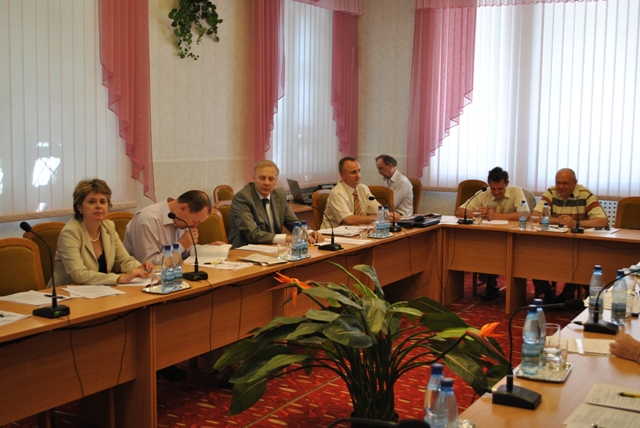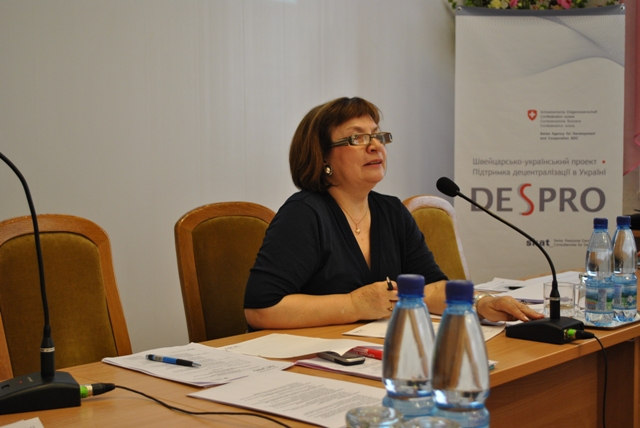DESPRO introduces knowledge management system for decentralization and local government sector
The knowledge management system (KM system) in the sector of decentralization and local government is an integrated, systematic approach to defining, managing and disseminating knowledge among local government officials and civil servants at different levels for the reform of public authorities in Ukraine, thereby enhancing the quality of government services to the population. The aim of the system is to strengthen the institutional capacity of local governments and local state administrations as well as to collect in one place information and knowledge in the area of decentralization and reform of the system of authority. Civil servants at all levels, representatives of local government bodies, self-governing community-based organizations, NGOs, think tanks, universities and specialized educational institutions, international agencies and the media are among those envisioned as being the users of the KM system. The system should complement the current system of professional training for civil servants and take into account existing experience.
An expert discussion on implementation of the knowledge management system in the decentralization and local government sector, organized by the Swiss-Ukrainian Decentralization Support Project, DESPRO, took place at the National Academy of Sciences of Ukraine on June 2, 2010. Leading experts in the field of state decentralization and local government were invited to participate in the event. The concept of the knowledge management system that was developed on the basis of the first expert discussion was presented to the participants.
Participants reviewed the purpose of the knowledge management system, its objectives, target groups, organization and factors contributing to its effectiveness. Anatoliy Tkachuk, an expert on local governance and regional development issues, proposed that the purpose of the KM system should be defined as an improvement in the quality of services provided by government to the citizens. Correspondingly, the quality of these services involves such factors as the level of professional qualifications of officials and the capacity of the institutions that provide the services. Participants agreed that while developing the KM system, particular attention should be paid to the processes of education and advanced training of local government and executive authority officials.
Anatoliy Chemerys, Director of the European Management Center, identified in his report the strengths and weaknesses of the training system for civil servants and local government officials in the educational institutions of Ukraine, which could provide the basis for the DESPRO KM system.
The moderator of the expert discussion, Senior Project Coordinator of DESPRO in Ukraine Oksana Garnets, noted in her summary that as a result of the participants’ fruitful work, the vision of the future KM system had now acquired discernible features, and the main steps and conditions required for the introduction of the system had been defined.
The next expert discussion on the topic was scheduled for the end of June.
Participants in the expert discussion included: Anatoliy Tkachuk (expert on local government and regional development issues), Anatoliy Chemerys (Director of the European Management Centre), Yuriy Ganushchak (expert on local governance and regional development issues), Olexander Goncharuk (Institute of Sociology, NASU), Vyacheslav Kozak (Ministry of Housing and Utilities Infrastructure), Olga Kozak (expert on issues of training and retraining of officials in the public administration system), and others.




